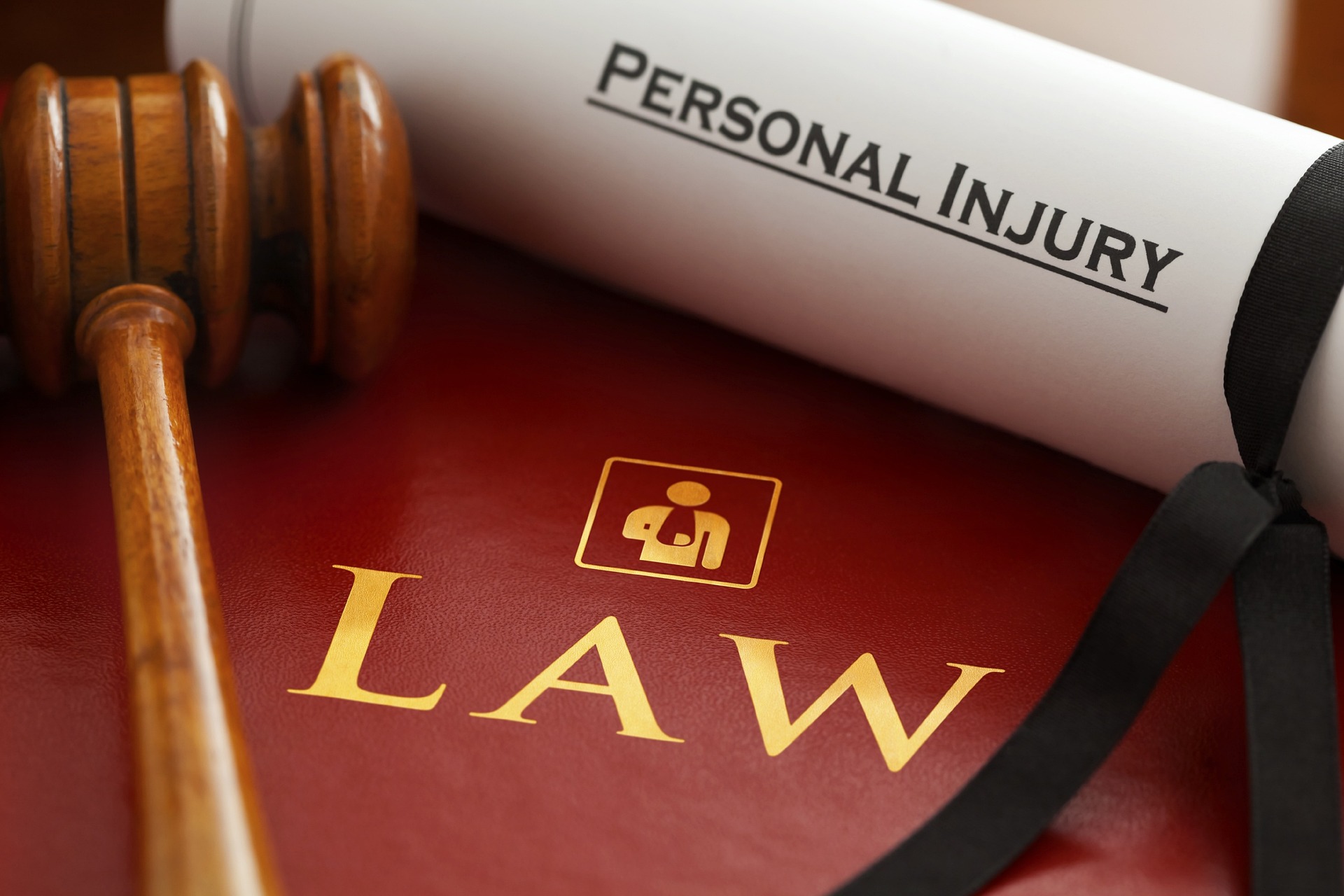 Trying to negotiate a settlement in a personal injury case can be difficult, but there are steps you can take to help you get the compensation you need.
Trying to negotiate a settlement in a personal injury case can be difficult, but there are steps you can take to help you get the compensation you need.
Actual damages vs. general damages
Depending on the facts of the case, the court can award a wide range of damages. The two main types of injuries are actual damages and general damages. Actual damages are awarded to compensate an injured plaintiff for medical expenses and lost property. On the other hand, general damages are awarded to compensate the plaintiff for mental and emotional distress. Actual damages are designed to reimburse the injured plaintiff for lost wages, property loss, and medical expenses. Some states may limit the number of actual damages to a specific dollar amount. Some states also cap the general damages, while others do not. General damages are awarded for non-monetary losses, such as pain and suffering, disfigurement, loss of consortium, and loss of reputation. A plaintiff’s attorney may bring in an expert witness to estimate the general damages in a Personal Injury Settlement. General damages are estimated using one or more formulas. These formulas include multipliers, which are based on the severity of the injuries. For example, if a plaintiff’s injuries were very severe, the multiplier might be as high as five. Conversely, the multiplier would be on the low end of minor injuries.
Dealing with an adjuster
Getting compensation for a personal injury case can be a challenging and stressful experience. Negotiations can fail when either party is unwilling to move. Therefore, it is essential to understand how settlements work and what to expect from an adjuster. You can also reach out to Davana Law Firm for help.
Insurance adjusters are paid to settle claims quickly and at the minimum amount. They want to save their insurance company money. They may try to reduce or diminish your claim, but it is still your right to fair compensation. You should have documentation of your accident. For example, you may want to have pictures of your injuries. It would be best if you also had medical expenses and purchase receipts. These documents will help you hold your insurance company accountable. If you do not have documentation, ask your attorney to help you gather them. When dealing with an adjuster, be professional and friendly. Explain that you want a fair settlement for your injuries. Do not get overly personal, however. This may make the adjuster more sympathetic.
Statute of limitations
Whether you are filing a lawsuit or just trying to negotiate a settlement in a personal injury case, knowing the statute of limitations is essential. This lets you know when to file a claim, which is often a factor in insurance negotiations. The court may only accept your case if you file a claim within the proper time frame. The statute of limitations is usually two years, but there are exceptions. For example, the time limit may be extended in a car accident if the other driver leaves the state. In addition, if the defendant is out of state for two years, the time limit may be extended by two years. Another exception to the statute of limitations is the delayed discovery rule. This rule applies when the injured party should have known about a negligent action that caused their injury. In addition, this rule extends the statute of limitations by two years, so the injured party has two years and six months to file a lawsuit.









